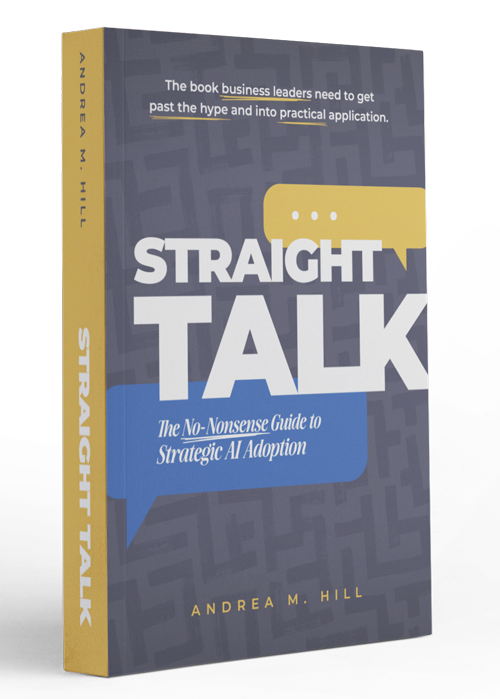What is a Canonical URL?

Sometimes it makes sense to duplicate content on your website for use in other sections of the site. But this can negatively impact your search engine rankings if you're not careful. Luckily, there is an easy way to alert the search engines that you are using duplicate content, and avoid the SEO punishment. It's called a canonical URL. Here are a few reasons why you might need a canonical URL on your site:
-
Duplicate Content: When multiple pages have similar or identical content, the search engines can tell, and that can negatively impact your search engine rankings. When you use a canonical URL to identify the preferred version (usually the original version, but not always) of the content, it keeps the search engines happy.
-
Multiple Versions of a Page: Different versions of a webpage often exist, such as when you allow your site to display as both HTTP and HTTPS or www and non-www. A canonical URL consolidates these versions into a single preferred URL, which results in search engines indexing and ranking the right version.
-
Content Syndication: If you share your content with other websites or platforms, search engines will notice that content appearing in multiple locations. A canonical URL attributes the original source and helps you avoid duplicate content penalties.
-
Dynamic URL Parameters: Websites that use dynamic URLs with parameters to create content may have different variations of the same page; for example, pages with some of the wording personalized to specific interests or buyer types. A canonical URL consolidates the variations and points search engines to the main version.
-
Pagination and Paginated Content: For articles or products that span multiple pages, each page will usually end up with a unique URL. A canonical URL on pages 2+ informs search engines that the primary content is on the first page.
-
Similar Content on Different Pages: There are a lot of good reasons to repurpose content on various pages for different reasons, such as to target specific ICPs or buyer types. . A canonical URL tells search engines which is the preferred page.
Ensure that search engines understand which version of your content is the preferred version. This will help you protect your search rankings. It also helps streamline indexing, which will improve your SEO efforts. Search engines don't necessarily "mind" that you're using content in multiple locations ... they just want you to be clear about it and help them index everything as efficiently as possible.
Andrea Hill's
Latest Book
Straight Talk
The No-Nonsense Guide to Strategic AI Adoption

Where other books focus on prompts and tools, this book gives business leaders what they actually need: the frameworks and confidence to lead AI adoption responsibly, without having to become technologists themselves.
Also available at independent booksellers and public libraries.
Are You Ready to Do Better Marketing?
WerxMarketing is all about performance marketing. That means giving you the tools you need to connect with customers, enable your sales efforts, and turn leads into loyal customers. Ready to learn more about how we do that? Book a free consult and bring your questions. See if you like working with us on our dime, and get some good advice in the process.